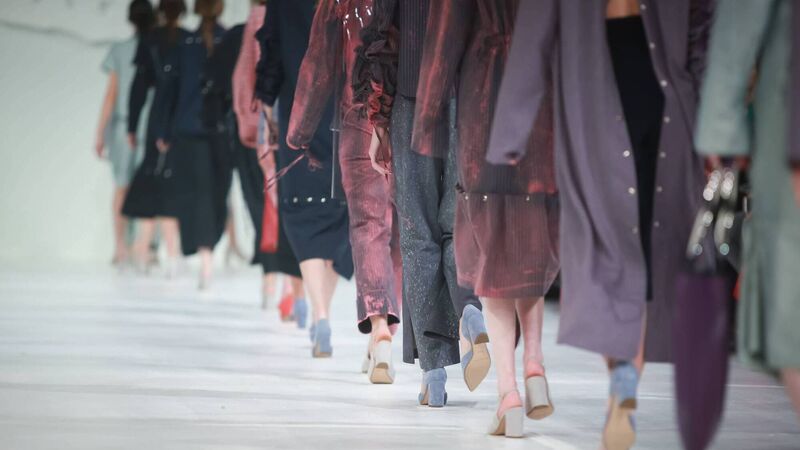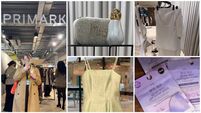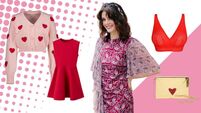From small player to powerhouse — how TikTok has shaped the fashion world to be more inclusive

Fashion show runway. Picture: iStock.
Since launching in the international market in 2017, social media platform TikTok has become a global phenomenon – from minor player to powerhouse in eight years.
TikTok is known as a platform that sets and influences trends, and its impact on the fashion world cannot be ignored – from making the fashion industry more community-driven and shifting power from designers to consumers, to making fashion trends more attainable and fashion weeks more inclusive.







